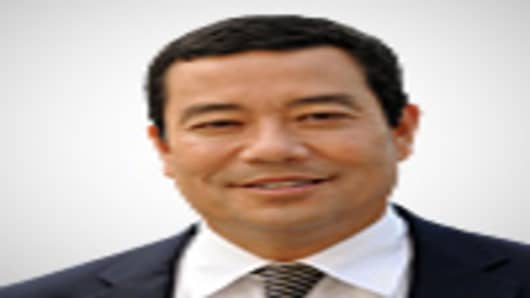With stunning news coming from Washington about the fate of General Motors and Chrysler, investors must again assess the health of the US economy. As the debate rages on about the best way to combat the worst downturn in the United States since the Depression, there appears to be two broad perspectives about the future of the American economy.
On one hand, the optimists talk about an end to the current downturn and indicators do suggest that there are signs that the economy is turning.
Federal Reserve Chairman Ben Bernanke calls it green shoots. Larry Kudlow calls it mustard seeds. Regardless of what you name it, these indicators do seem optimistic. Retail sales, housing permits and durable goods orders have all showed signs of a bottoming process.
Warren Buffet says "Americas best days are ahead". The view is that while this is a rough patch for the U.S. economy, there will be resolution and healing. The economy will recover. Deficits will be overcome. Unemployment, while likely to increase short term, will stabilize and GDP growth will return. GM and Chrysler's failures are not reflective of the entire U.S. economy. In fact, the governments willingness to hold management accountable is a sign of fiscal control.
On the other hand, there are those that say the United States is headed towards disaster.
Nouriel Roubini talks of along deep recession and difficultiesin the equity markets for years to come. Respected economists like Paul Krugman say they are "filled with despair"as the Obama administration attempts to deal with bank toxic assets.
There are some that believe the best path is to clear the decks and let companies fail -- free the markets they exclaim. Jim Rogers suggests that government intervention is a clear sign the U.S. is headed towards its ultimate decline. A weakening dollar, massive budget deficits and reliance on China to fund the national debt are all signs pointing towards American irrelevancy. GM and Chrysler are signs of the future.
So what's an investor to make out of this? Well, first and foremost, when it comes to investing, you need to make a choice. If you stand for nothing you will fall for anything. It's the same with investment philosophy. Investing without knowing what you believe is a dangerous proposition. And in today's world, the last thing you need is more danger wouldn't you say?
So decide. Will the U.S. economy recover, or not. Your answer will impact the choices you make as you allocate capital. It's an important philosophical moment for each investor. Look at the reasoned views of each perspective. Analyze the motivations. Assess the arguments. And after you form your opinion, let it guide your investment decisions. Invest to your philosophy.
___________________


